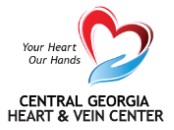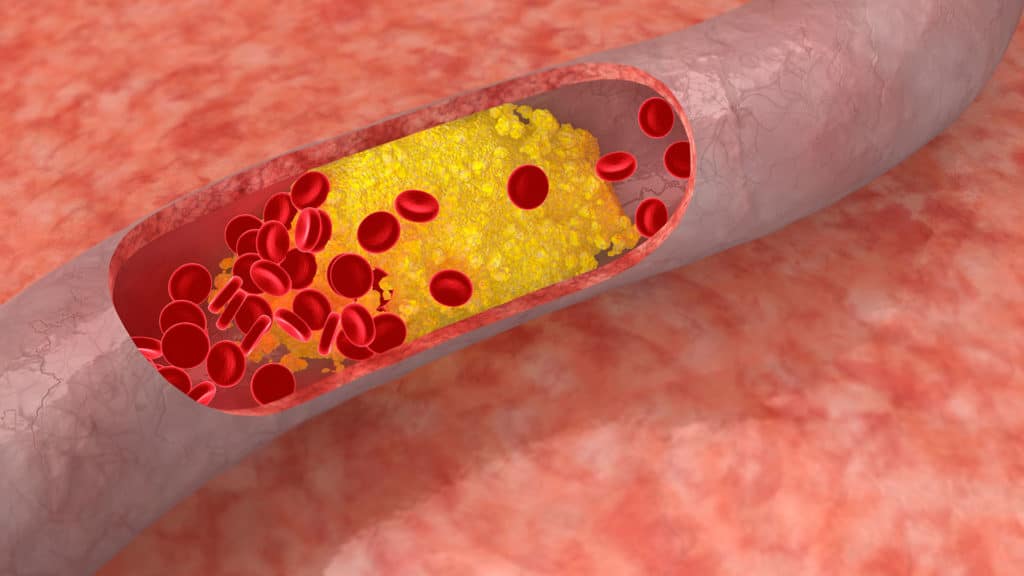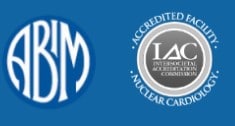The Causes Of Atherosclerosis
Because your arteries carry blood from the heart through your body, they are an essential part of your health. They are generally lines with a thin, smooth surface that helps keep your blood flow in tip top shape. When you have atherosclerosis, that lining becomes bogged down with plaque. Common causes of atherosclerosis are unhealthy levels of cholesterol, a history of smoking, and too high of blood pressure that breaks down the healthy lining.
So what is this plaque made of? It’s really a mix of things. Think of it as a cocktail of cells, debris, and cholesterol that harden or thicken in your arteries. Over time, it can build up to a full blockage that stops blood flow (also known as atherosclerosis) and it can cause pain and ruptures.
Ways Atherosclerosis Plaque Can Affect You
- Sometimes this plaque buildup never causes any noticeable physical symptoms.
- The plaque grows and causes large blockages that often presents in terrible chest and leg pain.
- Worst of all, the blood clots inside an artery. When this occurs in the brain, patients experience a stroke. When it occurs in the heart, they experience a heart attack.
How To Manage AtheroSclerosis
Atherosclerosis can be diagnosed in a variety of ways including blood tests, a doppler ultrasound, angiogram, or electrocardiogram, just to name a few. Once a blockage has occurred, it’s generally not going to go anywhere so all that can be done is management to keep it from increasing. Baby aspirin is a great way to prevent clots from forming and ward off heart attacks and strokes. Many doctors also prescribe cholesterol medication and lifestyle changes.
What About Prevention?
Lifestyle is the number one factor in preventing atherosclerosis. Diet and exercise are the most important factors. If you have a family history of high cholesterol or heart disease, a consultation with a nutritionist could be your saving grace. Risk factors include smoking, diabetes, obesity, stress, and excess alcohol consumptions. If you feel you fit in one or more of those categories, speak with your cardiologist today.





